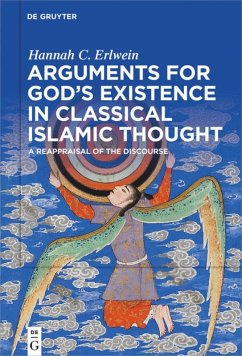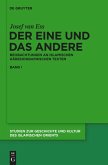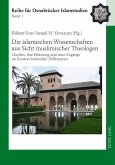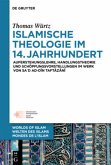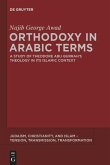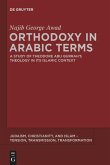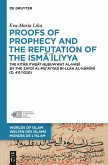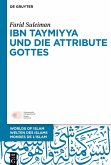The endeavour to prove God's existence through rational argumentation was an integral part of classical Islamic theology (kalam) and philosophy (falsafa), thus the frequently articulated assumption in the academic literature. The Islamic discourse in question is then often compared to the discourse on arguments for God's existence in the western tradition, not only in terms of its objectives but also in terms of the arguments used: Islamic thinkers, too, put forward arguments that have been labelled as cosmological, teleological, and ontological. This book, however, argues that arguments for God's existence are absent from the theological and philosophical works of the classical Islamic era. This is not to say that the arguments encountered there are flawed arguments for God's existence. Rather, it means that the arguments under consideration serve a different purpose than to prove that God exists. Through a close reading of the works of several mutakallimun and falasifa from the3rd-7th/9th-13th century, such as al-Baqillani and Fakhr al-Din al-Razi as well as Ibn Sina and Ibn Rushd, this book proffers a re-evaluation of the discourse in question, and it suggests what its participants sought to prove if it is not that God exists.

